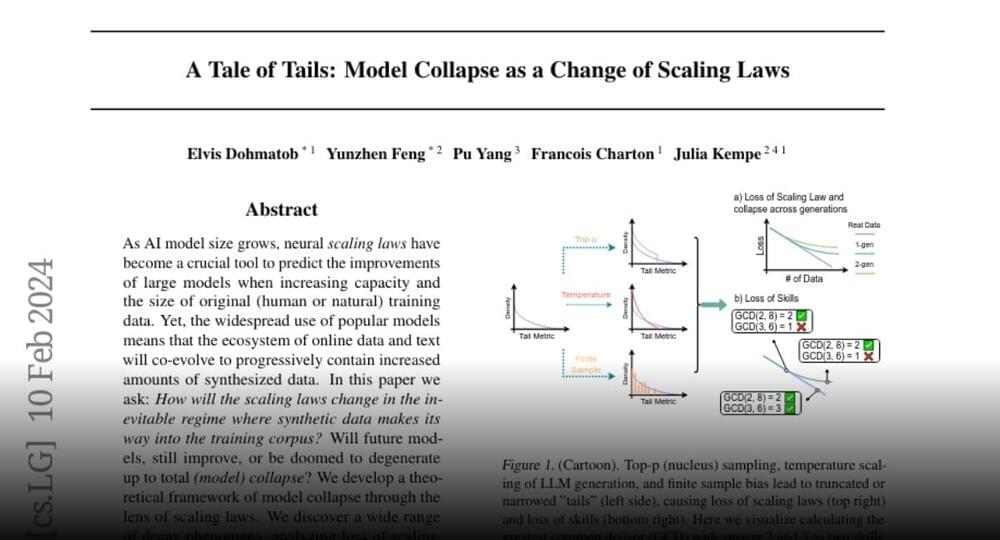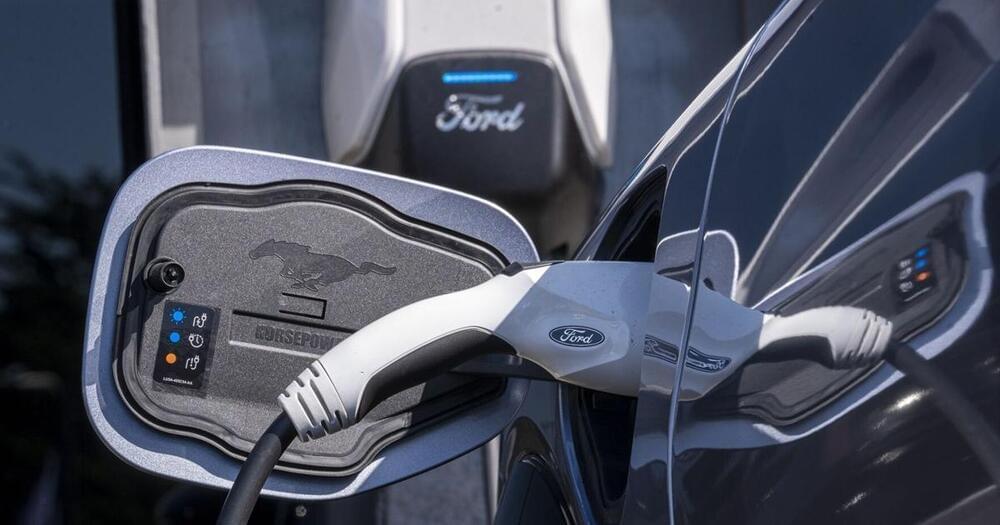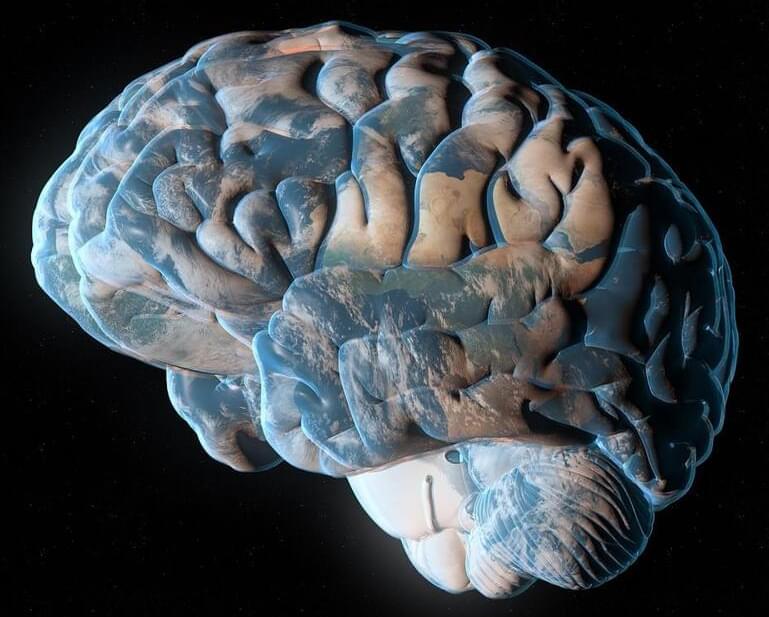Plasminogen deficiency, a rare disorder characterized by impaired fibrinolysis, frequently results in ligneous conjunctivitis. In this report, we report a case of a Saudi girl manifesting both conjunctivitis and hydrocephalus. Her initial symptoms at 1 month of age were recurring eye redness, which was inaccurately diagnosed as simple conjunctivitis. Surgical intervention for her ocular lesions revealed underlying membrane deposition. She later exhibited signs of increased intracranial pressure, resulting in a hydrocephalus diagnosis and subsequent surgery. Genetic analysis confirmed the presence of plasminogen deficiency. Clinical evaluations highlighted ligneous conjunctivitis, variations in visual acuity, and facial acne. Laboratory assessments demonstrated diminished plasminogen levels.







